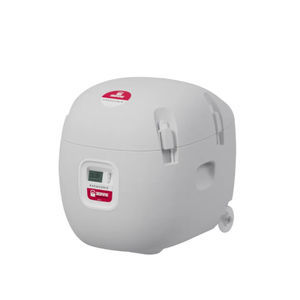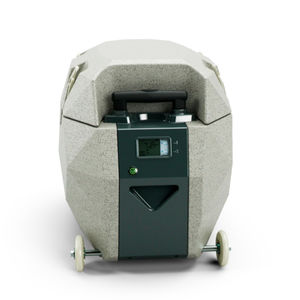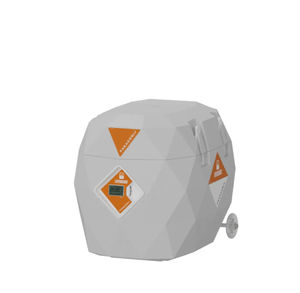
Transplantation organ preservation transport system LUNGguard™lungon casters

Add to favorites
Compare this product
Characteristics
- Applications
- for transplantation
- Organ
- lung
- Configuration
- on casters
Description
One of the leading FDA-cleared and CE-marked preservation devices for lung transportation, the Paragonix LUNGguard™ offers a sterile, controlled environment that protects donor lungs from both physical and thermal damage.
Advancing Lung Preservation
The endothelium of the lung is an extremely vulnerable tissue. Outside of the body, cells once safeguarded by protective homeostatic conditions are suddenly exposed to a highly variable environment, which can cause harm to such an important layer of tissue. Traditionally, donor lungs destined for transplantation were placed into commercial-grade coolers filled with ice to transport it to the recipient. This method presents a multitude of uncontrolled variables that can also impact the post-transplant function of the lung. Clinical evidence has shown that the use of ice can expose the donor lung to freezing temperatures, leading to irreversible cellular damage.
The Paragonix LUNGguard is an Advanced Organ Preservation device specifically designed to standardize the variables of donor lung preservation, providing physicians with stable cooling technology driven by real-time data monitoring.
Technological Advantage of Advanced Organ Preservation
Traditional Ice Storage
Uses commercial-grade coolers unregulated by the FDA
Exposes the the donor lung(s) to an unmonitored environment of 0°C ice
Lung tissue is exposed to uneven cooling, potentially risking freezing injury
Unpredictable temperature reductions within the ice cooler are not monitored during transport
VIDEO
Catalogs
LUNGguard
12 Pages
Related Searches
*Prices are pre-tax. They exclude delivery charges and customs duties and do not include additional charges for installation or activation options. Prices are indicative only and may vary by country, with changes to the cost of raw materials and exchange rates.






